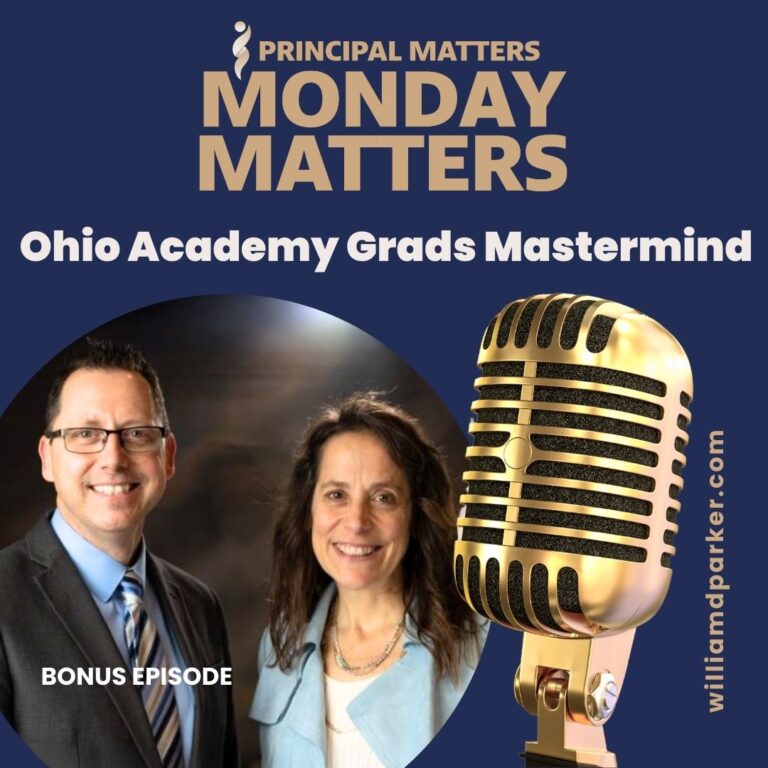We just welcomed our teachers and students back to school.
It was hard work to prepare for all the moving parts that make up master schedules, professional development, and schedule pick-ups.
But there is also great satisfaction in having everyone back and knowing we’ve had a successful launch.
Each year I try to remember that the first days with our school team are as important as their first days with students.
New Teachers
During time with new teacher orientation, I shared some reminders that also apply to the entire school community. Here are four start-of-the-year tidbits followed by some free resources you may find helpful:
1. Explore and define expectations for success.
Each year is different from the next. With our school team, we try to create a focus for the school year. This year, for instance, we are trying to brainstorm creative ways to support struggling students while maintaining strong rigor.
Start by asking: If failure was not an option, what goals would you reach with students this year?
How do you create the right environment for this to happen within each classroom?
2. Set Ground-rules For Behavior
In addition to defining expectations, I suggest operating with three basic classroom management expectations for students: Paying Attention, Participating, and Being Respectful.
Those three categories cover most behaviors you can anticipate, and they serve as an umbrella for learning.
Paying attention means being focused, alert, arriving on time, and planning ahead.
Participating means jumping in, not being a bystander, coming prepared, actively engaging with others, and completing tasks on time.
Being respectful means treating yourself and others how you would like to be treated. It minimizes conflicts. It doesn’t eliminate conflict since challenges are inevitable, but treating others with respect reduces the potential for drama.
They are also positive statements, not negative ones, and you will find students more positively engaged when you spend more time telling them what they are expected “to do” rather than telling them what “not to do”.
3. Have written procedures and appropriate responses ahead of time.
When it comes to written expectations, keep it simple. Explain what is expected. Then inspect what you expect.
It is impossible to be fair, firm, and consistent unless you have planned ahead of time for the steps you’re going to take to ensure accountability.
4. Model consistency and compassion; they are not incompatible.
No matter how great your defined game-plan or consistent your follow-through, if you lose your heart for the “persons” you serve, then you will miss some very teachable moments for others and yourself.
So be courageous in maintaining high standards, and don’t forget the “human” side of what you do. Otherwise, teaching becomes more about agendas, survival or content than about people growing and learning.
Some Helpful Resources
Here are some tools we use to support and define expectations:
- Our Faculty Handbook is a written record of general expectations for our teachers.
- And our Student Handbook defines expectations for our students.
In addition, this year we provided additional resources to new teachers to give them reminders on classroom priorities.
Finally, we gave teachers copies of KRA’s to show which staff members manage key responsibility areas for the following:
- Office Staff,
- Counselors, and
- Administrators
Conclusion
Whether you are starting the school year or already in the swing of school, your school community will thrive on routines and clearly defined expectations. No matter what your position, you can influence outcomes by dreaming big, communicating clearly, and reinforcing consistently.
Now It’s Your Turn
Setting the right tone is essential to creating a positive environment for learning to take place. What goals are you excited about this year with your team?
Sign-Up For Free Updates
When you enter your email address here, you will automatically receive my newest posts. Let’s keep learning together!


